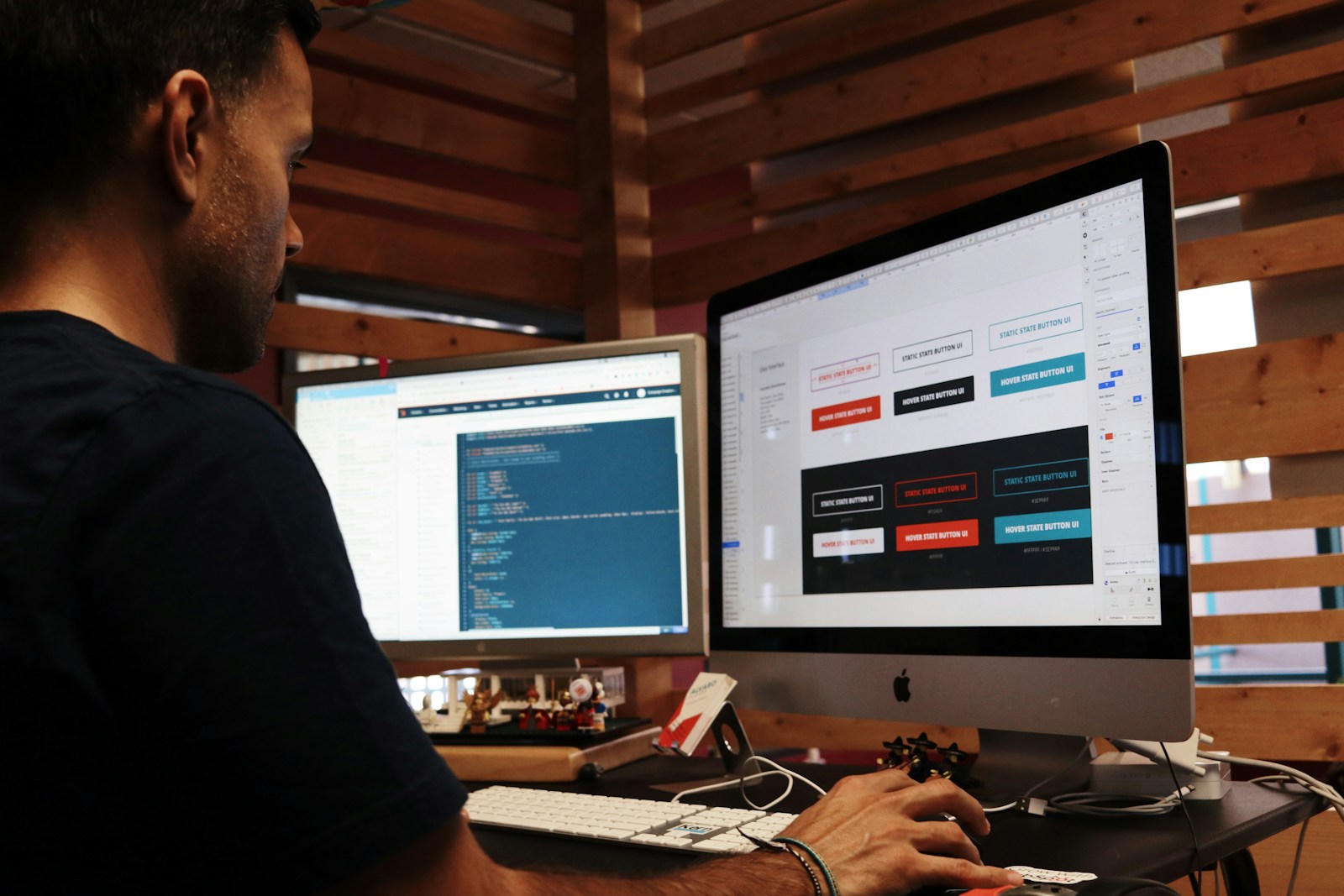In a world increasingly driven by technological advancements, the rise of artificial intelligence (AI) has sparked conversations about its potential to replace human roles across various industries. As an entrepreneur, innovator, and AI enthusiast deeply entrenched in the field of web development, I’m often asked whether AI poses a threat to software engineers like myself. Let me delve into this topic and share why I firmly believe that AI won’t replace software engineers anytime soon.
The Essence of Software Engineering
At the heart of software engineering lies not just the ability to write code, but the intricate process of problem-solving, creativity, and critical thinking. While AI has made significant strides in automating certain tasks, it lacks the inherent human qualities essential for effective software development.
Creativity and Innovation
One of the fundamental aspects of software engineering is creativity. It’s about envisioning solutions to complex problems and implementing innovative approaches to address them. AI, while proficient at performing repetitive tasks based on predefined algorithms, struggles to replicate the human capacity for creativity and innovation. As an entrepreneur, I’ve witnessed firsthand the value of human ingenuity in driving technological advancements and pushing the boundaries of what’s possible.
The Role of AI in Software Development
While AI may not replace software engineers, it undoubtedly plays a transformative role in enhancing the efficiency and capabilities of developers.
Streamlining Development Processes
AI-powered tools and frameworks have emerged to streamline various aspects of the software development lifecycle. From automated testing and debugging to predictive analytics for project management, AI augments the capabilities of software engineers, allowing them to focus on higher-level tasks that require human intuition and expertise.
Enhancing User Experience
In the realm of front-end web development, AI-driven technologies like machine learning algorithms can analyze user behavior patterns and preferences to personalize website content and optimize user experience. As the founder of UnikBrushes, a company specializing in custom web development services, I’ve leveraged AI-powered tools to create visually stunning and user-friendly websites that resonate with audiences.
The Limitations of AI
Despite its advancements, AI still grapples with inherent limitations that prevent it from fully replacing software engineers.
Lack of Contextual Understanding
AI operates within the confines of predefined algorithms and datasets, lacking the contextual understanding and intuition that human developers possess. Software engineering often requires navigating ambiguous problem spaces, interpreting user feedback, and adapting to evolving requirements – tasks that AI struggles to perform without human guidance and oversight.
Ethical and Moral Considerations
The ethical implications of AI replacing human roles extend beyond technical considerations. Questions surrounding job displacement, algorithmic bias, and the ethical use of AI technologies underscore the need for human oversight and accountability in software development. As stewards of technology, software engineers play a pivotal role in ensuring that AI is deployed responsibly and ethically.
Embracing Collaboration: Humans and AI Working Together
Rather than viewing AI as a threat, software engineers can embrace it as a powerful ally in their quest to innovate and solve complex problems.
Collaborative Problem-Solving
By integrating AI into their workflows, software engineers can harness its capabilities to augment their problem-solving abilities. Whether it’s leveraging AI for data analysis, pattern recognition, or automated code generation, collaboration between humans and AI enables synergistic outcomes that neither could achieve alone.
Fostering Continuous Learning
As an AI enthusiast, I’m passionate about the transformative potential of AI in driving continuous learning and innovation within the software engineering community. By embracing AI-driven technologies and staying abreast of the latest advancements, software engineers can adapt to evolving trends and remain at the forefront of technological innovation.
Conclusion: Embracing the Future of Software Engineering
In conclusion, while AI continues to reshape the landscape of software development, its role is complementary rather than substitutive to human expertise. As software engineers, we possess a unique blend of creativity, problem-solving prowess, and ethical judgment that AI simply cannot replicate. By embracing collaboration and harnessing the capabilities of AI, we can usher in a future where technology serves as a catalyst for innovation and human flourishing.
Join us on the journey to academic excellence with LearnyHive, empowering engineering students through cutting-edge educational technologies. Explore our custom web development services at UnikBrushes and unleash the full potential of your online presence. Together, let’s shape a brighter future for technology and humanity.




